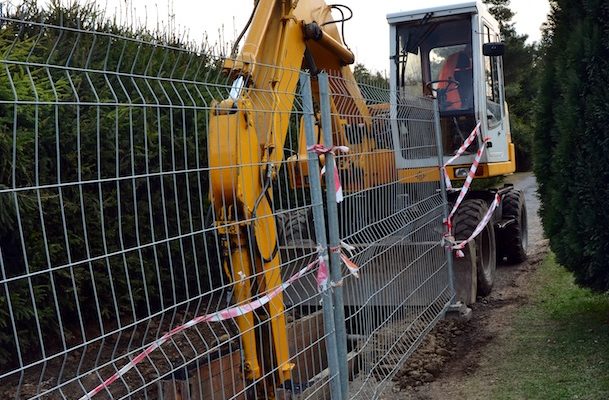By Carole Carlson
February 18, 2019
Illinois Governor J.B. Pritzker signed the Lifting Up Illinois Working Families Act into law on February 19, 2019. The Act gradually increases the minimum wage to $15 per hour over the next six years. Illinois is now the fifth state (after California, New Jersey, New York, and Massachusetts) to raise the minimum wage to $15 per hour. While the Act is receiving a lot of press for the minimum wage increase, it makes other changes to Illinois law about which Illinois employers must also be aware.
…
Penalties Increase for Underpayment and Recordkeeping Violations
In addition to the minimum wage increases, the Act increases certain penalties for recordkeeping violations and underpayment of wages. Employers who fail to keep payroll records as required by the IMWL are now subject to a new penalty of $100 per impacted employee. This penalty arguably will accrue each day that the violation continues under the IMWL’s existing provisions.
The Act also increases employers’ exposure in the event of underpayment of wages. An employee who is able to show underpayment of wages is entitled to recover three times the amount of the underpayment. Previously, the law limited recovery to the amount of the underpayment. For each month that the amount of the underpayment remains unpaid, a prevailing employee can recover damages in the amount of 5% of the underpayment. Prior to the Act, employees could recover 2% as damages.










